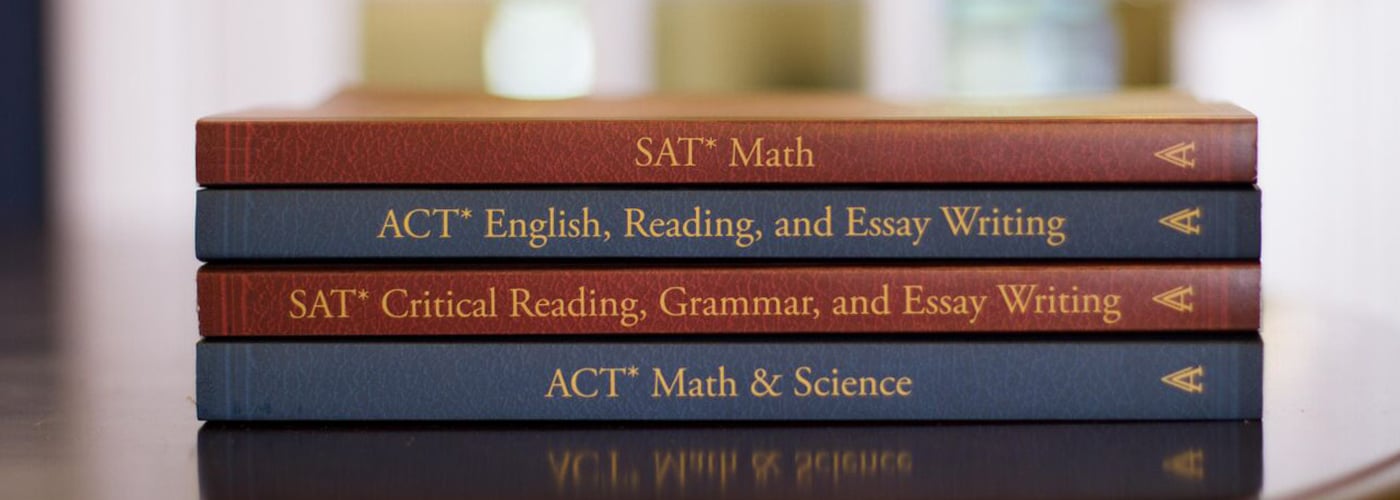Major changes to college-entrance exams like the SAT or ACT can make Hamlets of us all, leaving us wondering what to do, what path to take, whether ‘tis nobler to SAT or ACT? To help students and families with their “Hamlet-izing,” let’s consider the following issues.
Reading Comprehension:
What Kind of Decision Maker is your Student?
When reading, some students are more like Rodin’s Thinker — deliberate, calculating, cautious in their decision making. Others prefer more of a Looney Tunes roadrunner approach: reading and reacting quickly based on initial impressions, interpretations, and judgments.
The recently redesigned SAT features passages with greater text complexity, so the reading requires a bit more thoughtful analysis. The SAT also grants 43% more time per question, however, so students have increased time for thorough pondering of the passages and the questions.
So, if students prefer the extra time and enjoy deep-sea-diving into texts to arrive at decisions and conclusions, then the SAT is for them. However, if students prefer to skim the surface waters and glean the meaning quickly, making decisions on first impressions, then the ACT is their choice.
Join the A+ Newsletter!
We promise, no spam—just a monthly dose of educational insight, strategies, and exclusive tips straight to your inbox.
Mathematical Reasoning:
What Kind of Problem Solver is your Student?
While the SAT and ACT math largely covers similar material, the SAT is a bit more demanding on thorough, algebraic problem solving and less concerned with a student’s memory of geometry formulae.
What’s more, ACT allows a student use of a calculator throughout its 60 math questions, while SAT does not allow calculator use for 20 of its 58 math questions. Of those 58 questions, 13 are student-produced-response questions, which feature no multiple-choice answers.
In short, on the SAT, students have to do math more the old-fashioned way: they earn it! So, if your student is a problem solver, who is comfortable working it out, grinding it out, and calculating answers by hand, then SAT is the preferred option. If your student is more calculator-dependent in arriving at his or her answers, ACT may be the more comfortable math path.
Science Reasoning?
Does your student enjoy a full science serving or merely appetizer portions?
Whether your student takes the SAT or ACT, they will be asked to assess science through data presentations and analytical questions. The ACT, however, features a standalone science section consistently situated at the end of the multiple-choice sections. On the ACT, science is always the fourth section, after English, Math, and Reading, while on SAT, 35 science-related questions are spreadthroughout reading, grammar, and math.
So, if your student is fond of science, and enjoys a healthy, full order of science (ending the test with science as the last section), then ACT is the right choice. If your student would prefer some assorted science appetizers, delivered as small servings throughout the exam, then he or she has an appetite for the SAT.

English Grammar and Essay Writing: Apples to Apples
The Hamlet-like dilemma, “To SAT or ACT,” is simplified when it comes to the English grammar and essay writing sections, which are largely the same on both the ACT and SAT.
The content of the grammar on both exams targets usage and mechanics skills (e.g., sentence construction, punctuation) as well as rhetorical skills (e.g., essay composition principles and practices), so there is no avoiding a healthy and necessary assessment of your student’s college-readiness proofreading and copy-editing skills.
As for essay writing, both essays are optional, unless the colleges to which your student is applying specify otherwise. These essays require argumentative writing, evidence-based reasoning, and a solid grasp of essay structure and logic.
While the ACT will require a synthesis of multiple positions on a topic of controversy, the SAT will require analysis of a text. Either writing task requires a strong and capable grasp of persuasive writing, a valuable skill to acquire before shuffling off to college.
Resolving the Drama
If you still are racked with indecision after this explanation, let us help you decide whether the SAT or ACT is better for your student through our complimentary testing and analysis. Try them both, and allow us to help you compare and contrast and find the better fit.




